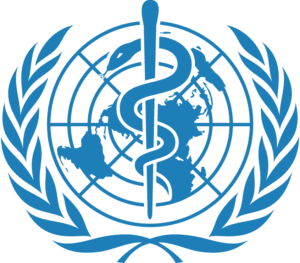 Programmers and digital con artists are exploiting the coronavirus sickness (COVID-19) pandemic by sending deceitful email and WhatsApp messages that endeavor to fool you into tapping on noxious connections or opening connections.
Programmers and digital con artists are exploiting the coronavirus sickness (COVID-19) pandemic by sending deceitful email and WhatsApp messages that endeavor to fool you into tapping on noxious connections or opening connections.
These activities can uncover your client name and secret word, which can be utilized to take cash or touchy data.
In the event that you are reached by an individual or association that has all the earmarks of being WHO, check their legitimacy before reacting.
The World Health Organization will never request your username or secret word to get to wellbeing data never email connections you didn’t request never request that you visit a connection outside of www.who.int never charge cash to go after a position, register for a meeting, or save an inn never lead lotteries or offer prizes, awards, declarations or subsidizing through email.
The main call for gifts WHO has given is the COVID-19 Solidarity Response Fund, which is connected to underneath. Some other intrigue for financing or gifts that seems, by all accounts, to be from WHO is a trick.
Instructions to forestall phishing:
Browse their email address.
Ensure the sender has an email address, for example, ‘person@who.int’
In the event that there is something besides ‘who.int’ after the ‘@’ image, this sender isn’t from WHO. For instance, WHO doesn’t send email from addresses finishing off with ‘@who.com’ , ‘@who.org’ or ‘@who-safety.org’
Be careful, in any case, that even an email address with the right space name may not be from WHO. Lawbreakers can produce the “From” address on email messages to cause them to give off an impression of being from ‘@who.int’. It would be ideal if you follow the means from 2 to 6 beneath to forestall phishing.
WHO is actualizing another email security control called Domain-based Message Authentication, Reporting, and Conformance (DMARC) to forestall this sort of pantomime.
Check the connection before you click.
Ensure the connection begins with ‘https://www.who.int’. Better despite everything, explore to the WHO site legitimately, by composing ‘https://www.who.int’ into your program.
Be cautious while giving individual data.
Continuously consider why somebody needs your data and in the event that it is proper. There is no explanation somebody would require your username and secret word to get to open data.
Try not to surge or feel under tension.
Cybercriminals use crises, for example, the coronavirus malady (COVID-19) pandemic to get individuals to settle on choices rapidly. Continuously set aside some effort to consider a solicitation for your own data, and whether the solicitation is suitable.
On the off chance that you gave delicate data, don’t freeze.
On the off chance that you trust you have given information, for example, your username or passwords to cybercriminals, promptly change your certifications on each site where you have utilized them.
In the event that you see a trick, report it.
In the event that you see a trick, educate us concerning it.
To report spam: Click Here

